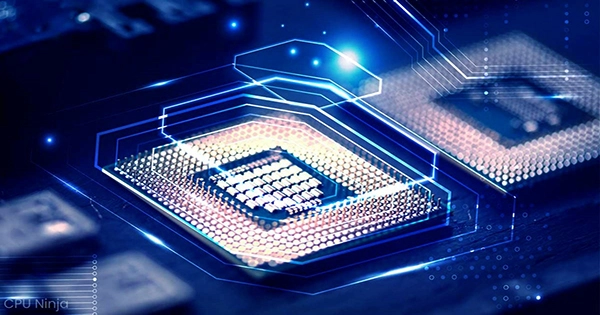The escalating Russian invasion of Ukraine might have ramifications for the chip shortage that is wreaking havoc on the global supply chain. Ukraine sends around 90% of the industrial-grade neon gas used in semiconductor manufacturing in the United States, while Russia supplies about 33% of the palladium needed for electronic circuits.
During the COVID-19 pandemic, there were widespread lockdowns and supply-chain concerns, resulting in a chip scarcity. While semiconductors were in limited supply before the lockdowns, the shutdown of semiconductor production plants, ports, and transportation networks caused major delays, which have now resulted in a massive chip backlog. A lack of semiconductors has harmed autos, home appliances, and personal devices due to supply chain concerns, and the crisis is only anticipated to worsen.
Last month, the Biden administration issued a warning to US semiconductor makers, advising them to diversify their supplies of industrial materials in anticipation of Russian retaliation for the invasion of Ukraine. On Thursday, Lita Shon-Roy, CEO and President of supply-chain analytics business Techcet, told CNBC, “This will have an impact.”
“It will continue to stifle the supply of chips for the automobile industry.” Prices of neon allegedly increased by 600 percent following the invasion of Crimea in 2014, and with the EU and US imposing harsh financial and distribution restrictions on Russia, history is ready to repeat itself. While neon is no longer used in many cutting-edge procedures, it is still used in helium-neon lasers for most other manufacturing phases, notably for inspection. Cryonic air-separation facilities, which also generate helium, xenon, and nitrogen, produce neon gas.
Ninety percent of neon is produced in Ukraine, with 65 percent coming from a single business with factories in Odessa and Moscow, both of which are now under threat. According to Reuters, chip firms in the United States are anticipating supply shortages that may affect electrical goods, with Intel apparently obtaining 50% of its neon from Eastern Europe.
Cars that employ semiconductors in infotainment systems and onboard electronics now have extensive waiting lists, computer parts are sometimes sold out minutes after supply arrives, and even domestic appliances may soon be affected. The impact of the invasion on customers is unknown, but the White House has announced that it will cooperate with producers to minimize the impact of potential material shortages. “Part of that is working with businesses to ensure that if Russia takes steps that disrupt supply chains, they are prepared to deal with the consequences,” a White House official told Reuters.















